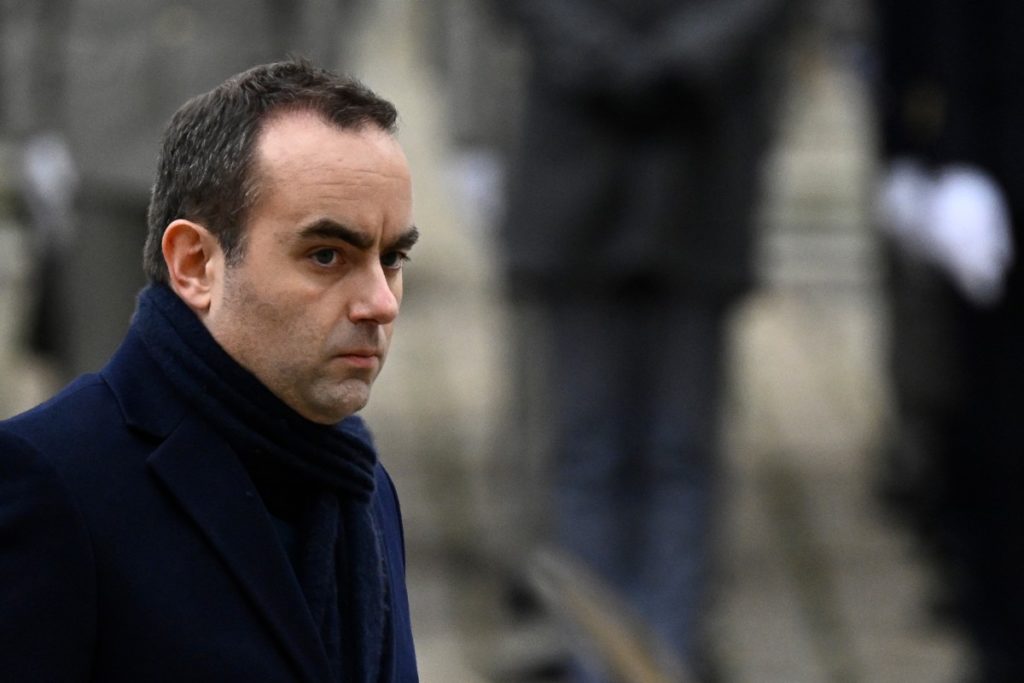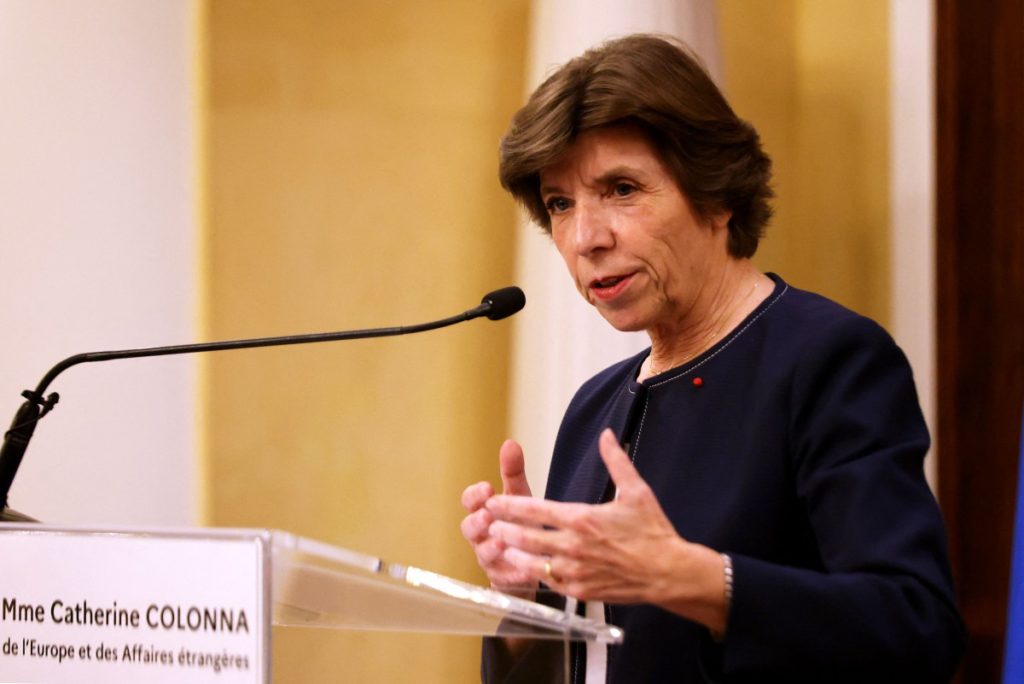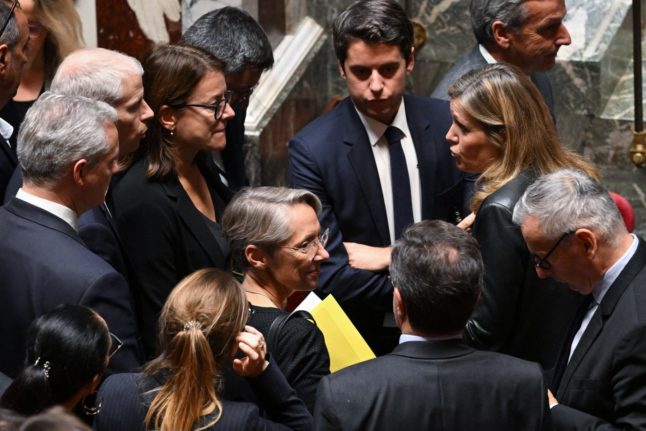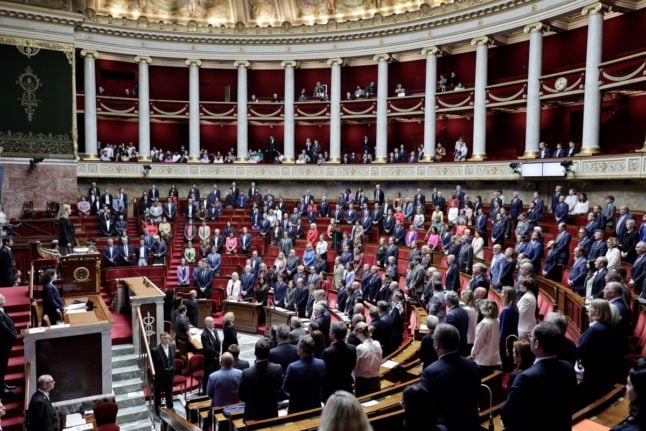Several names have been floating around, as political commentators in France attempt to determine who will take over as PM after Prime Minister Elisabeth Borne’s resignation.
While Finance Minister Bruno Le Maire, the only senior minister to be in office since Macron’s election in 2017, is likely to remain in his post, four other names have been listed as favourites to replace PM Borne.
READ MORE: What does a French Prime Minister actually do?
Gabriel Attal

Just 34-years-old, Gabriel Attal is France’s current education minister.
In the course of his tenure – which began in July 2023 – Attal has overseen an anti-bullying campaign and the banning of abayas (a loose garment worn by some Muslim women) in French state schools.
Previously, he served as the government spokesperson from 2020 to 2022.
According to recent polling, Attal was a top choice among the French public to replace Borne as PM, with 36 percent of respondents agreeing he would “make a good prime minister”. In comparison, French President Emmanuel Macron’s approval rating stood at 27 percent as of January 2024.
On Monday, a source close to the government told AFP that Attal was the favourite to succeed Borne.
If named, he would be France’s youngest ever and first openly gay prime minister.
Sébastien Lecornu

37-year-old armed forces minister, Sébastien Lecornu, joined Macron in 2017.
Previously, he served as France’s minister of overseas territories from 2020-2022. He is also a reservist with the rank of colonel in the Gendarmerie Nationale.
As a defector from the centre-right Republicans party, Lecornu would follow in the footsteps of two previous prime ministers — Philippe and Jean Castex — if he were to be named for the position.
Lecornu has become a close adviser to Macron, who has used his experience in local and regional government.
Macron’s political party lacks a majority in parliament and is already riven by disagreements over the immigration law, which was greatly hardened as a condition for receiving necessary support from The Republicans.
Julien Denormandie

Denormandie, aged 43, served as the agriculture minister from 2019 to 2022 and has been with Macron from the start of his presidential campaign.
Denormandie almost founded a start-up with Macron in 2014 before becoming his deputy chief of staff when Macron was Economy Minister under President Francois Hollande.
He has been working in the private sector since 2022 at a company called ‘Sweep’, a platform which seeks to reduce carbon emissions for businesses, where he holds the title of “chief impact officer”.
Catherine Colonna

A seasoned diplomat and France’s current foreign minister, Colonna, aged 67, has been in her position since May 2022.
Previously, she served as France’s Ambassador to the United Kingdom from 2019 to 2022. She has also been Ambassador to Italy (2014-2017), as well France’s permanent representative to the OECD and UNESCO.
Some have speculated that her tenure as foreign minister may be nearing its end – according to Ouest France (citing Politico), several appointments she had scheduled for this week have been cancelled.



 Please whitelist us to continue reading.
Please whitelist us to continue reading.
Member comments